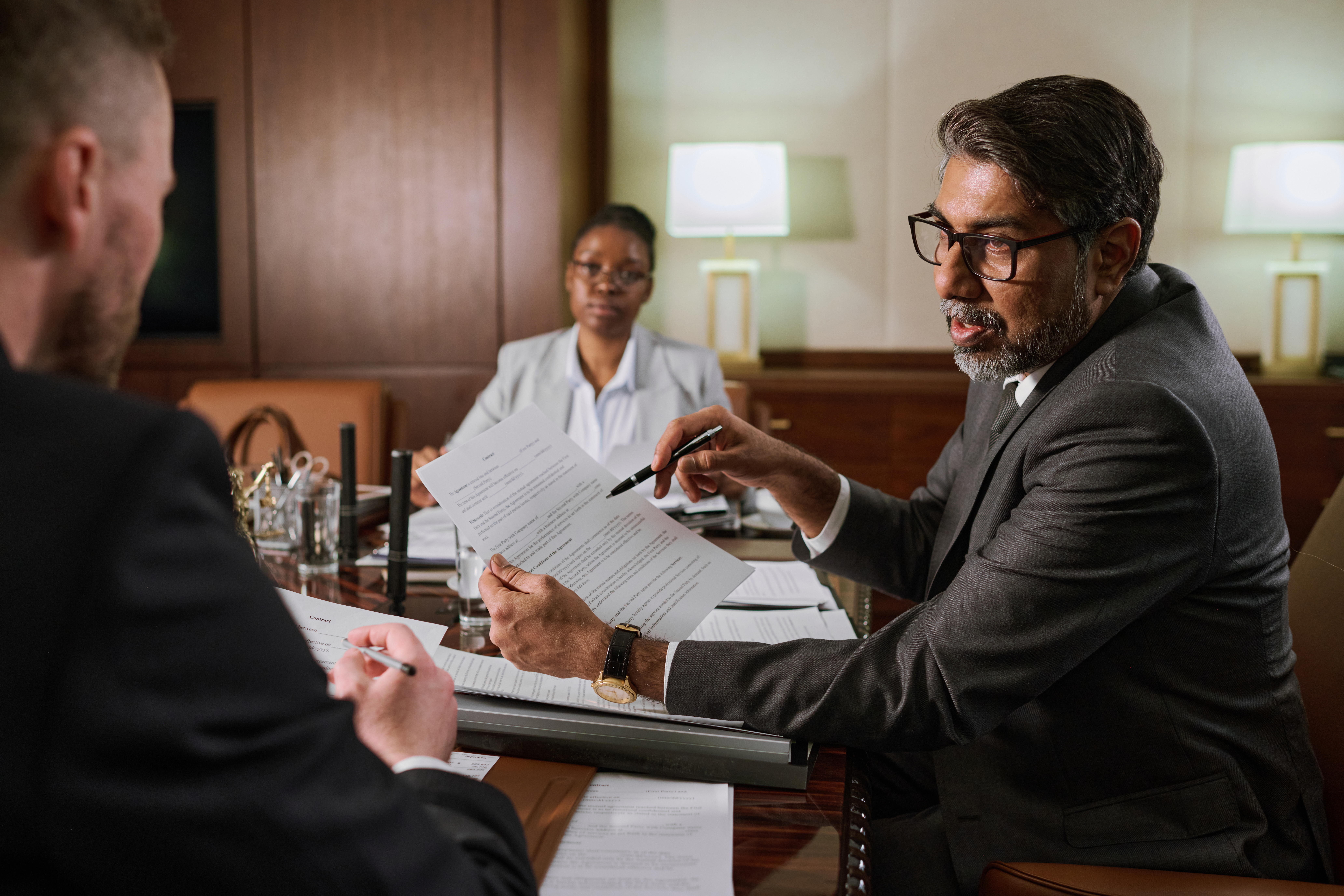More than ever, corporate accountability is being scrutinized. As per reports, nine out of ten businesses face a lawsuit at least once in their lifetime. Moreover, there has been a 25% increase in lawsuits related to environmental and social governance (ESG) issues in the last three decades.
These cases reflect the rising demand for accountability as companies face allegations ranging from environmental degradation to unethical labor practices. Courtrooms are becoming the stage where the line between profit-driven motives and ethical obligations is drawn.
As businesses navigate this evolving landscape, they’re being forced to reevaluate their strategies to align with legal and societal expectations. What does this mean for corporate operations and the future of business ethics? Let’s examine how these legal challenges have a revolutionary effect.
The Uber Sexual Assault Lawsuit
With operations in more than 900 locations in 70 countries, Uber Technologies, Inc. has emerged as a major player in the ride-hailing sector worldwide. In the fourth quarter of 2023, the company reported gross bookings of $37.58 billion worldwide, reflecting its massive reach and impact on urban transportation.
Despite its success, Uber has faced increasing scrutiny over passenger safety and its corporate responsibility. A highly disturbing legal issue the company faces is the Uber sexual assault lawsuit, which has attracted significant attention.
Between 2017 and 2020, nearly 10,000 sexual assaults were reported to Uber, leading to multiple lawsuits from victims alleging misconduct by Uber drivers. According to the claims, Uber put passengers at risk of assault by neglecting to do comprehensive background checks and put in place appropriate safety measures.
These lawsuits are forcing Uber to reevaluate its business practices. The company is now under pressure to adopt stronger safety protocols and improve driver vetting processes, potentially setting new standards for the industry.
TorHoerman Law advises that if you or someone you know has been a victim, you may file an Uber Sexual Assault Lawsuit. There are legal possibilities for pursuing justice and restitution for the harm suffered. It’s important to consult with a legal professional who can guide you through the process and ensure your rights are protected.
Facebook and Data Privacy Violations
Facebook, now known as Meta, has been at the center of several high-profile data privacy scandals that have significantly impacted its reputation. As one of the world’s largest social media platforms, with over 3 billion monthly active users, Facebook collects vast amounts of personal data. However, how it has handled this data has caused major privacy concerns.
One of the most notable incidents was the 2018 Cambridge Analytica scandal. It was discovered that Facebook has unintentionally given third-party apps access to millions of users’ sensitive information. This breach led to numerous lawsuits and regulatory actions, forcing Facebook to pay millions in fines.
Meta finally agreed to pay $725 million to settle legal action. The battles highlighted the company’s failure to protect user data and enforce adequate privacy policies. These violations have forced Facebook to rethink its data security practices and privacy policies.
In response to ongoing legal challenges and growing public concern, the company has implemented stricter measures to protect user data. This includes more robust consent processes, transparency reports, and tools for users to control their privacy settings.

The Boeing 737 MAX Crisis
The Boeing 737 MAX crisis is one of the most significant challenges faced by the aviation industry in recent history. Around 346 people lost their lives in two 737 MAX accidents in March 2019: Ethiopian Airlines Flight 302 and Lion Air Flight 610.
Investigations revealed that a malfunction in the aircraft’s Maneuvering Characteristics Augmentation System (MCAS) played a key role in both accidents. This eventually led to a worldwide grounding of the 737 MAX fleet.
Boeing faced numerous lawsuits from victims’ families, airlines, and investors, accusing the company of negligence in the design and safety testing of the aircraft. The crisis severely damaged Boeing’s reputation, and the company was forced to pay more than 20 billion in compensation and fines.
To restore confidence, Boeing redesigned the MCAS system, conducted extensive testing, and worked closely with regulators. The Boeing 737 MAX has since returned to service, but the crisis continues to impact the company’s business practices and public image.
The Wells Fargo Fake Accounts Scandal
Wells Fargo, one of the largest banks in the U.S., faced a scandal that rocked the financial sector in 2016. The bank was found to have opened millions of unauthorized accounts in customers’ names without their knowledge or consent. Extreme sales goals that put pressure on staff to reach irrational quotas were the driving force behind this fraudulent activity.
As a result, Wells Fargo was hit with numerous lawsuits, regulatory penalties, and public backlash. The bank paid $3 billion in fines and faced a significant loss in customer trust. The scandal revealed serious flaws in corporate governance, internal controls, and ethical standards.
In the aftermath, Wells Fargo was forced to overhaul its business practices, implementing new policies to ensure better transparency, customer consent, and employee accountability. The scandal has had long-lasting effects on the company’s reputation and has prompted broader conversations about corporate ethics in the banking industry.
Frequently Asked Questions
How can companies improve their corporate responsibility to avoid legal issues?
To avoid legal battles, companies should adopt transparent practices, enforce strong safety protocols, and ensure data protection policies are robust. Proactively addressing environmental, social, and governance (ESG) issues and maintaining ethical business practices can help prevent lawsuits and foster trust with consumers.
What role do consumer safety and privacy play in corporate responsibility?
Consumer safety and privacy are critical elements of corporate responsibility. Companies must implement strong safety measures, thorough background checks, and secure data handling practices. Failing to protect consumers from harm or misuse of their personal data can result in lawsuits, fines, and long-term damage to a company’s reputation.
How do corporate scandals affect public trust in businesses?
Corporate scandals, such as data breaches or safety violations, significantly damage public trust. Businesses that put money ahead of ethics risk losing customers, harming their reputation, and facing legal repercussions. Rebuilding trust requires transparency, accountability, and a commitment to implementing changes that align with ethical standards and consumer expectations.
In essence, these legal battles highlight the growing need for businesses to prioritize corporate responsibility and ethical practices. As lawsuits continue to reshape industries, companies must adapt to stricter regulations and societal expectations. The consequences of neglecting corporate accountability are far-reaching, and businesses must recognize the importance of transparency, safety, and ethical behavior in maintaining long-term success.













Leave a Reply